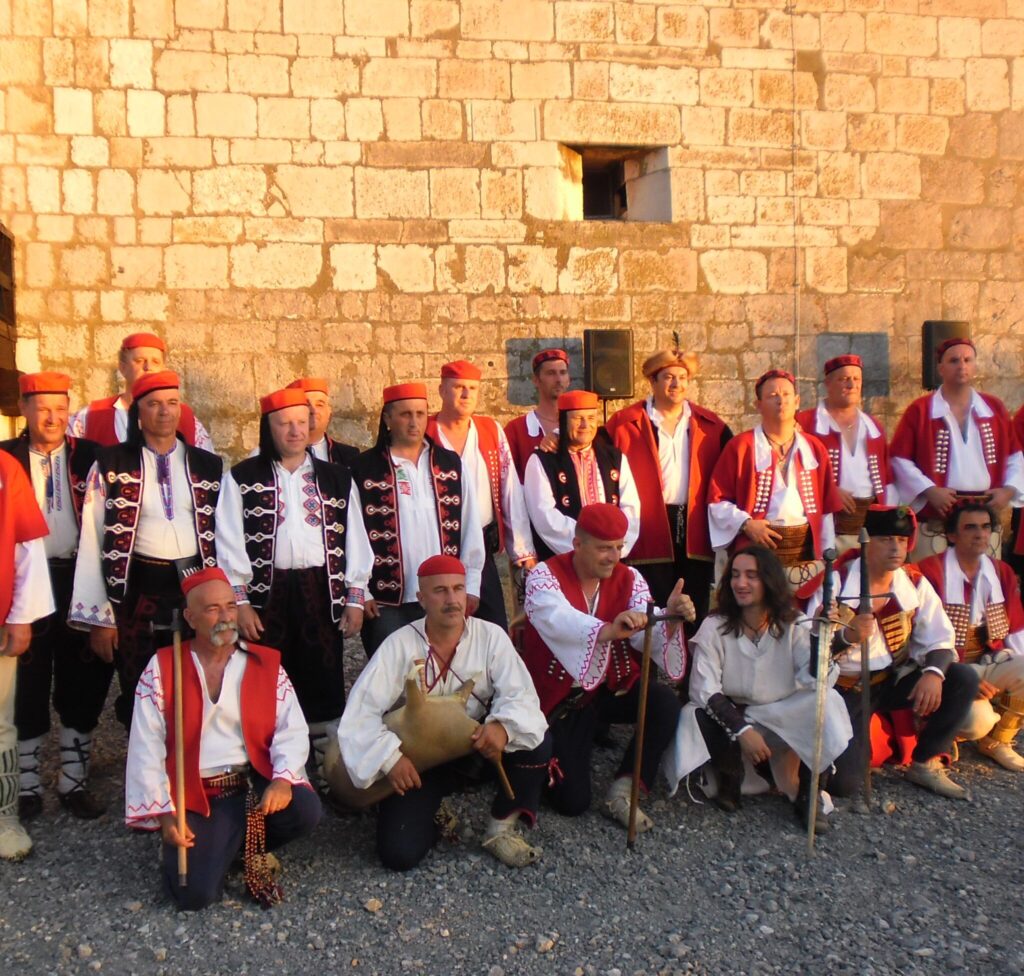
A Record of Uskok Senj: Winners and Losers in the Tide of History
The Uskoks, legendary fighters and pirates, have become an indispensable part of the history of the Croatian coast, especially Senj, a town on the brink of battles between three European superpowers. Although their numbers never exceeded a thousand, the Uskoks managed to keep the Ottomans, Venice and the Habsburg Monarchy in check, defying powerful fleets and armies. For visitors to Senj today, the memories of that period seem almost like a fairy tale – a secret past that seems unreal, almost inconceivable.
The Uskoks and their city – Senj
Senj is a town whose vast vistas, mountains and sheltered position from the sea provided the perfect space for the development of Uskok activity. The Uskoks settled in this small town based on an agreement with Emperor Ferdinand of Austria, who ceded Senj to them in exchange for fighting the Turks. Senj, although protected by mountains, did not have many natural resources or fertile enough land to survive, so plundering, which soon became their specialty, was a way of life. The Uskoks began to build light boats for quick attacks and plundering of Turkish ships, but they soon became a problem for all the major powers in the region.
Senj – a unique refuge for the Uskoks
As the number of Uskoks increased, their actions became more frequent and intense. Venice was initially concerned about their attacks on merchant ships, but soon realized that managing the Uskoks required a diplomatic approach. Venice, eager to preserve free navigation, issued an order that the Uskoks must be stopped. However, the Uskoks did not give up. They began to plunder merchant ships from the Venetian Republic and the Ottoman Empire, and all of Europe began to follow their exploits.
Yriarte, a French journalist who traveled the Adriatic in the late 19th century, recorded how Senj became not only a stronghold for the Uskoks, but also their seat of power. The Uskoks organized attacks all over the Adriatic Sea, from Croatia to Italy. The city became a target for all the great powers, including France, which complained about the plundering of its ships, and Senj became the epicenter of international tension.
Conflicts and specific customs of the Uskoks
The Uskoks became known not only for their raiding campaigns, but also for their extremely specific way of life. Uskok wives, for example, had to quickly adapt to the loss of their husbands, because when one Uskok died, the wife would immediately marry another, and the family would continue to live in the same house. These customs, deeply rooted in Uskok culture, demonstrated brutality, but also solidarity among the members of this small but persistent community.
The end of the era of Uskoks and geopolitical change
However, the end of the Uskok era came at the beginning of the 17th century. Conflicts between Venice, the Habsburg Monarchy and the Ottoman Empire were inevitable, and the Uskok were increasingly placed under surveillance and sanctions. The beginning of the 1600s brought numerous arrests of the Uskok, and after the signing of the Treaty of Madrid, their influence began to decline. Geopolitical changes, the expansion of Venice and changing political alliances marked the end of the Uskok era in Senj. The Uskok ships were destroyed, and they were scattered across Croatia, where they found a new home in Žumberak.
The legacy of the Uskoks
Today, the descendants of the Uskoks from Klis, Senj and Žumberak carry the traces of those struggles and the specific customs that have remained deeply rooted in their lives. Although the history of the Uskoks seems like a distant past, those who inhabit these regions still remember the stories of courage, fighting spirit and the relentless fight for survival. The Uskoks, although defeated and dispersed, left an indelible mark on the history and culture of Croatia, making Senj forever a unique monument to their struggle.
This history, which sometimes seems like a myth, lives on today through historical monuments, such as the Nehaj Fortress, and through stories and customs that survive to this day. Thus, Senj, once a base for bandits, pirates and warriors, remains a fascinating place where the past and the present live in perfect harmony, creating a rich heritage for future generations.

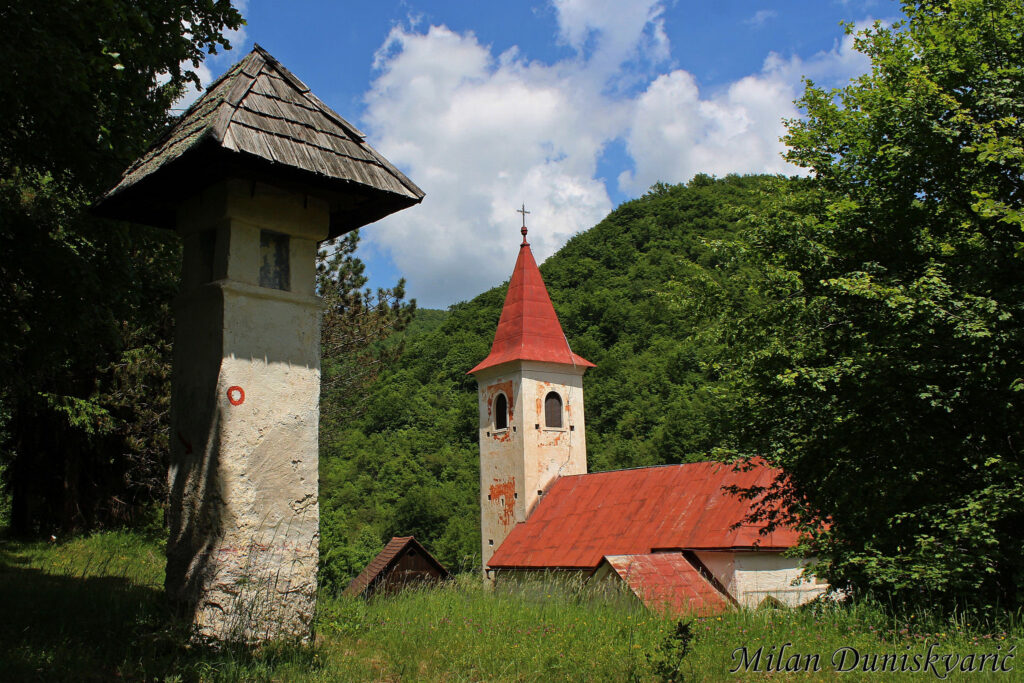
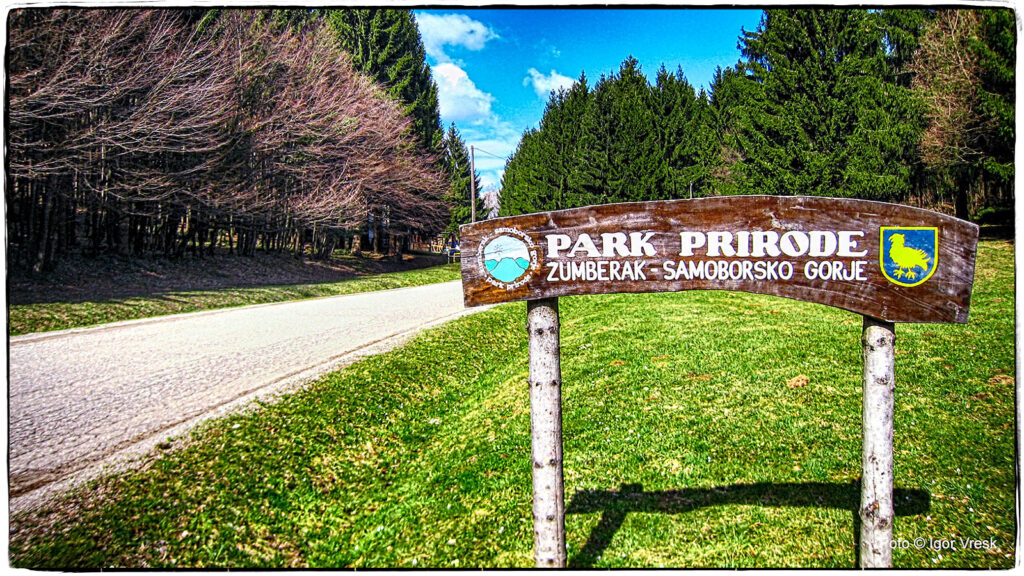
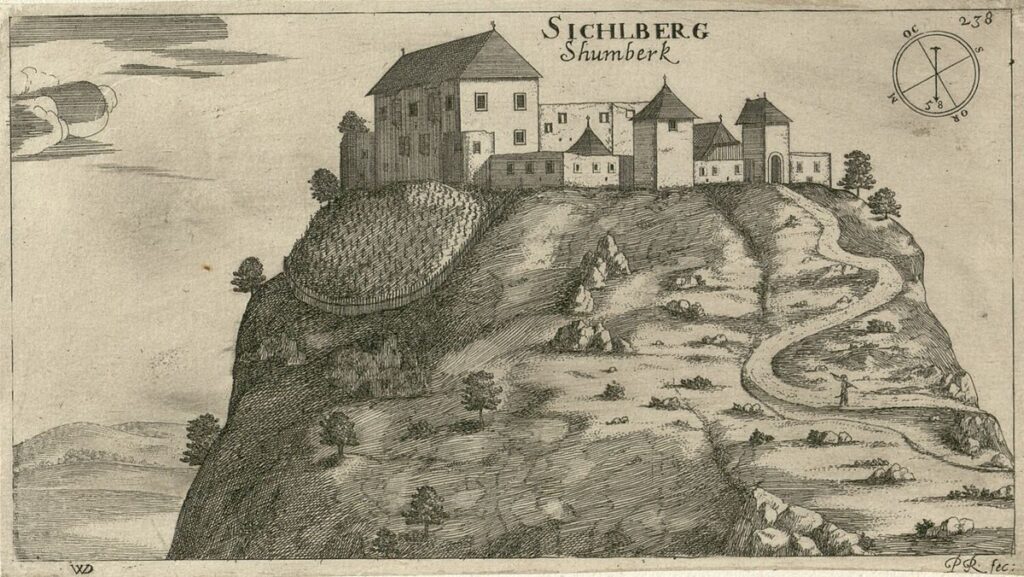

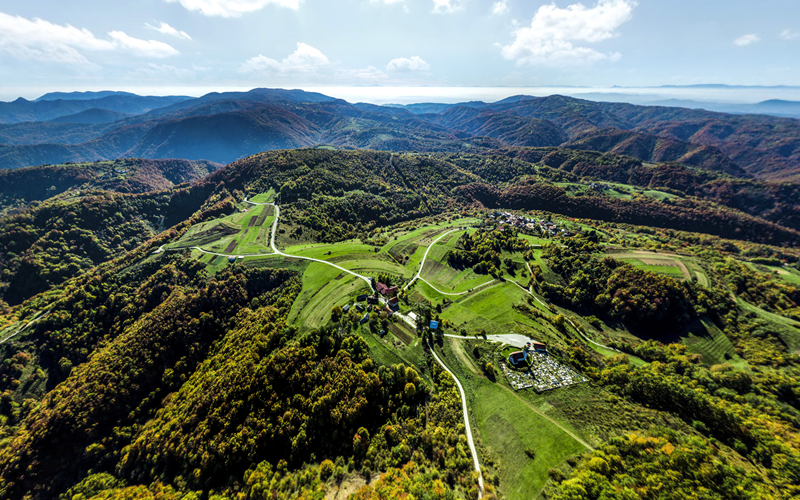
Responses